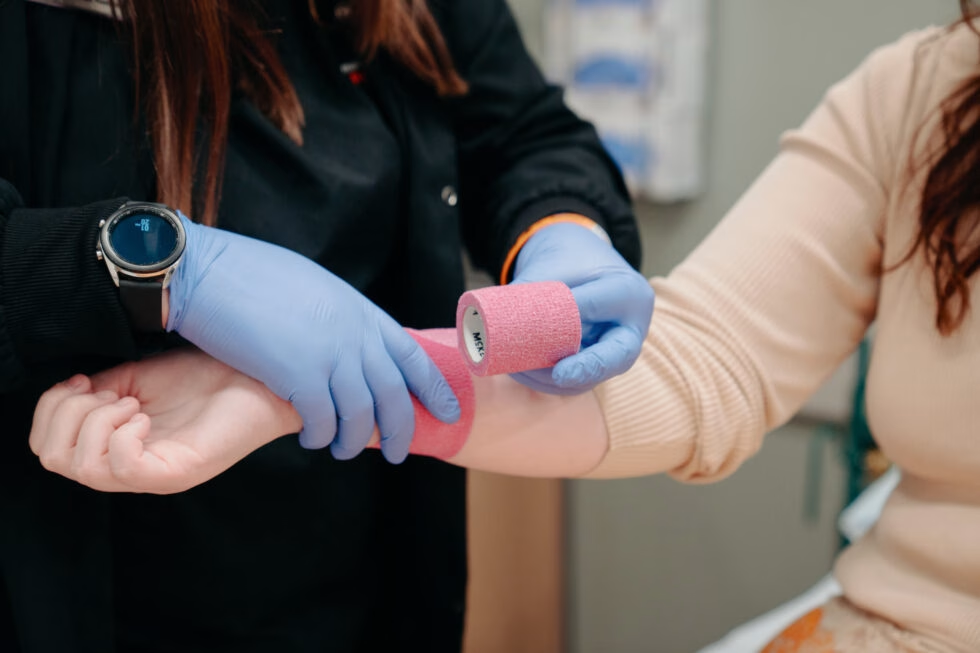by | Jul 14, 2024 | Healthy Living

How to Prevent Drowning and Water-Related Injuries
Discover how to prevent drowning and stay safe in water with our comprehensive guide. Protect your family with these crucial water safety tips.
It’s a hot summer day, and you’re excited to spend time at the pool, the beach, or the river. Water activities are a fun and refreshing way to enjoy the weather, but they also come with risks. You want to ensure your safety and the safety of your loved ones while enjoying the water. Understanding how to prevent drowning and water-related injuries is crucial to having a safe and enjoyable time.
Why Water Safety Is Important
Water-related activities are popular, but they can be dangerous if proper precautions are not taken. Drowning is a leading cause of accidental death, especially among young children. Injuries can also occur due to slips, falls, or collisions. By being aware of the risks and taking preventive measures, you can significantly reduce the chances of accidents.
Supervision and Vigilance
Constant supervision is the most effective way to prevent drowning. For effective supervision, it can help to designate a water watcher, an adult assigned to watch the water, especially during gatherings. This person should avoid distractions and change every 15-30 minutes to stay alert. Staying close when supervising is also important, so staying within arm’s reach can prevent children from getting into trouble, even if they know how to swim. Frequent headcounts also ensure everyone is safe and accounted for.
Teaching and Practicing Swim Skills
Knowing how to swim can prevent many water-related accidents. Consider either enrolling in swim lessons, practicing water safety early on, or practicing regularly. Lessons can significantly reduce the risk of drowning, and many communities offer affordable classes for all ages. Teaching children about the dangers of water and how to behave safely should start from a very young age so they can build up useful skills like floating, treading water, and swimming to the side.
Using Life Jackets and Implementing Safety Barriers
Life jackets are essential for non-swimmers and in certain activities. Here’s how to use them effectively:
– Choose the Right Jacket: Ensure the life jacket fits properly and is appropriate for the activity. It should be Coast Guard-approved.
– Wear It Correctly: Make sure the life jacket is worn correctly, with all straps and buckles fastened.
– Check Condition: Regularly inspect life jackets for wear and tear and replace them if necessary.
Physical barriers can prevent unsupervised access to water. Consider these measures:
– Install Pool Fences: Surround pools with a fence that is at least four feet high and has a self-closing, self-latching gate.
– Use Pool Covers: Use rigid pool covers when the pool is not in use to prevent accidental falls.
– Add Alarms: Install alarms on doors leading to the pool area and use water surface alarms to alert you if someone enters the water.
Practicing the Buddy System
Swimming with a partner adds an extra layer of safety. It’s important to ensure everyone has a swimming buddy, especially in natural bodies of water. Regularly check in with your buddy, too, to ensure they are safe and not experiencing fatigue or other issues. It can help to share your swimming plans with your buddy, including how far you plan to swim and any specific activities.
Emergency Preparedness
Being prepared for emergencies can save lives. Here’s what to do:
– Learn CPR: Take a CPR course so you can provide immediate assistance if needed.
– Know Emergency Numbers: Have emergency numbers saved in your phone and know the location of the nearest phone if you’re at a pool or beach.
– Create an Emergency Plan: Develop and practice an emergency plan with your family, so everyone knows what to do if someone is in trouble.
Water activities can be a source of joy and relaxation, but safety should always come first. By understanding the risks and taking preventive measures, you can protect yourself and your loved ones from drowning and water-related injuries. Stay vigilant, practice swim skills, use life jackets, implement safety barriers, and always swim with a buddy. Being prepared and cautious ensures that your time in the water remains safe and enjoyable.
Remember, a few simple precautions can make all the difference in preventing accidents and ensuring a fun, safe water experience for everyone.


